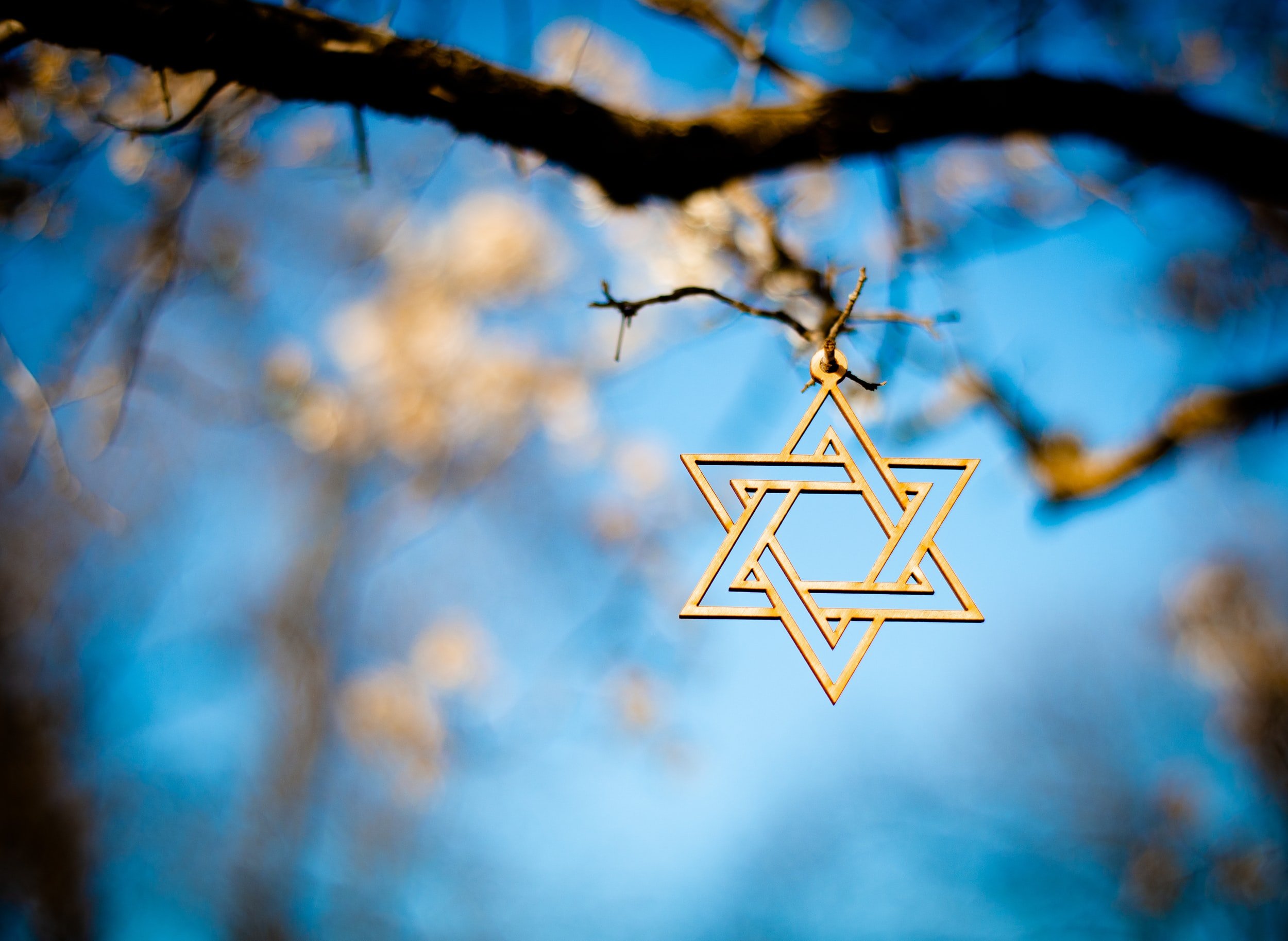Sukkot, also known as the Feast of Tabernacles or the Feast of Booths, is a Jewish holiday that typically occurs in the fall, following the Jewish holiday of Yom Kippur. It is a week-long festival celebrated to commemorate historical events and agricultural significance.
The central feature of Sukkot is the sukkah, a temporary outdoor dwelling or booth. These sukkahs are traditionally made with natural materials like branches, leaves, and thatch, and they are designed to be both a place to eat and sleep during the holiday and a reminder of the temporary dwellings used by the Israelites during their 40 years of wandering in the desert after the Exodus from Egypt.
Key customs and traditions associated with Sukkot include:
Dwelling in the Sukkah: Observant Jews will eat their meals and, in some cases, even sleep in the sukkah throughout the holiday.
The "Four Species": On each day of Sukkot (excluding Shabbat), Jews wave four special plants – the etrog (citron), lulav (palm branch), hadass (myrtle branch), and aravah (willow branch) – as a symbolic gesture during prayer services.
Celebratory Meals: Families and communities come together for festive meals in the sukkah, often inviting guests to share in the celebration.
Water-Drawing Ceremony: A unique ceremony called "Simchat Beit Hashoevah" is held during Sukkot, involving the drawing of water from a well or spring, which dates back to Temple times and is associated with prayers for rain.
Joyous Atmosphere: Sukkot is known as the "Season of Our Rejoicing," and it is characterized by a joyful and festive atmosphere. It is considered one of the happiest times of the Jewish year.
How to Observe Sukkot in the Workplace
Be flexible: The Last Day of Sukkot, also called Hoshana Rabbah, is not a public holiday, although some of your Jewish employees may choose not to work during this day or at some point during Sukkot. Flexibility or paid time off should be provided. It is paramount that your employees understand that they will not be discriminated against or punished due to their religion. Paid time off will allow your employees to enjoy this sacred holiday with their friends and family without worry.

